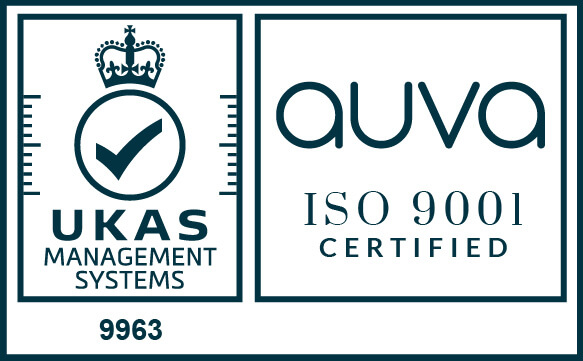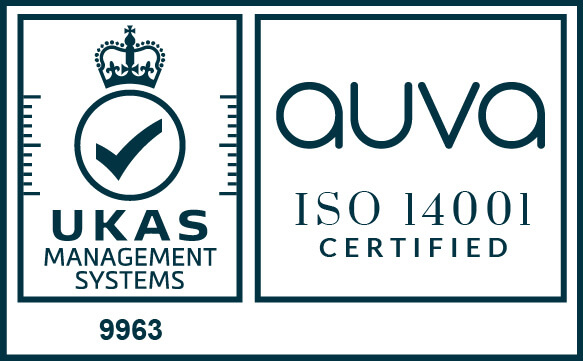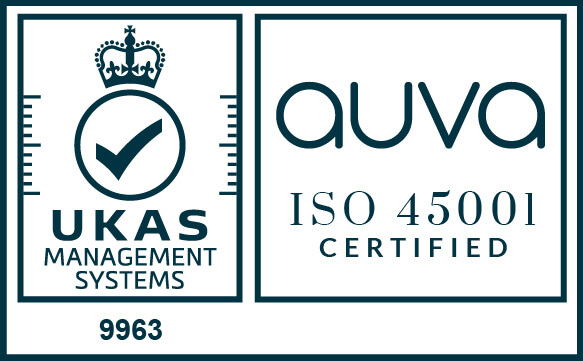What’s the difference between Single Phase and Three Phase UPS?
An uninterruptible power supply (UPS) is essential for any organisation requiring a steady, clean and uninterrupted supply of power, but there are many factors to consider when choosing the best solution for your business.
There are two main types of UPS system available on the market - single phase and three phase - and it’s important to understand which product is best suited to your power needs before investing in a system to protect your equipment and team from spikes, surges, sags and total outages.
Single phase UPS
A single phase unit provides a single input source and a single output source with just two wires to complete the circuit.
Single phase UPS systems are ideal for smaller installations such as telecoms, network switches, rack-mounted servers, computer systems, or any device running from a UK standard 3 pin plug.
Three-phase UPS
A three phase UPS system uses three separate single-phase power supplies with a neutral connection.
Three phase UPS is typically used in environments that require a greater amount of power for critical loads including data centres, medical theatres and large industrial units that rely on lifts, pumps or fans to operate.
Utilising a three phase system can simplify a power continuity plan and allow a site to adopt a centralised power protection solution. One large UPS can be used to protect a complete building and all the operations within it.
The primary benefits of three phase UPS is that they provide balanced loading on building supply, preventing overloading.
Key differences between single & three phase UPS
- Efficiency - For low power requirements, it’s best to opt for a single phase UPS, as this will be more efficient than a three phase UPS. When the demand is higher, you will need a three phase UPS to carry the greater load.
- Usage - Single phase UPS units are appropriate in applications with lower usage requirements, generally less than 20kVA, such as small offices. Three phase UPS units are commonly found in larger organisations like data centres and hospitals.
- Voltage- Single phase voltage is 230-V, whereas a three-phase voltage is 400V.
- Set up- The characteristics of a single phase UPS make it easier and quicker to install than three phase unit, but regular maintenance is still important for both options.
Still unsure of the type of UPS your business requires? Please get in touch with the experienced team at Paul Anton for a free consultation.












